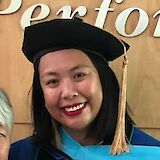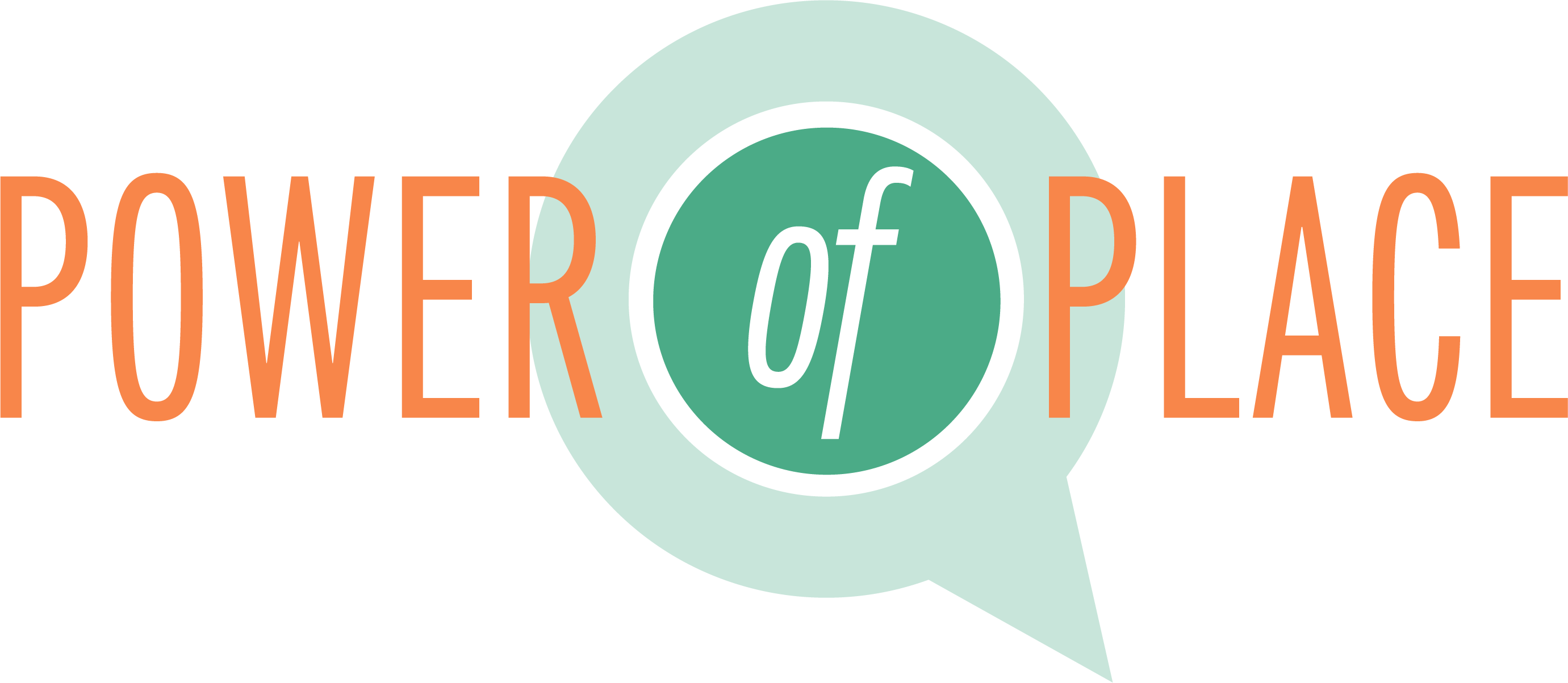November 1, 2022 Read Time:
Diversity
Dr. Hong Ly is first-generation, American-born, daughter of Chinese refugees. She is the youngest of six children and grew up in Newton, MA. She has been an educator since 2009 in various forms, including Americorps service member, special education teaching fellow, student support coach, school psychologist, professor, and academic advisor. Most of her career has been spent as a school psychologist in urban and suburban public schools, serving diverse racial, linguistic, cultural, socioeconomic, ability, and gender populations. She recently earned her doctorate in educational leadership from Endicott College. Her dissertation research focused on racialized discipline practices, critical race theory, and teacher agency.
This past August, my colleague, ECLC member Craig Harris, and I had the opportunity to lead a short session called “Doing Diversity”. It was a powerful experience for me in a way that I hadn’t anticipated, but that I deeply treasured.
Throughout the first decade of my career, I was fueled by helping students survive their educational experiences. Survival is a recurring theme in my life for several reasons, but especially that my parents’ sole purpose of emigrating to the United States was for me and my siblings to receive a better education than we would have been afforded in our home country. My entry level workhorse identity was built on the assumption that I need to “catch up” to non-first generation, White peers through hard work and closely following the rules. As I progressed through my career, I began to question the systems around me and why all my hard work wasn’t paying off in the way that it did for my White colleagues. I didn’t fully fit in. I was constantly proving myself to others. Above all else, I kept hearing the haunting voice of my first-year college advisor, “You know why you’re here right?”, implying that the only reason a poor, Asian American, daughter of refugees was at a private predominantly White institution was not because of merit, but because of my racial identity.
My vision became clearer as my desire to prove myself beyond my racial identity stopped having the same impact as it used to– I realized that my passion and work were rich and valid on their own, not because I am a Chinese-American woman.
Mid-career educators have proven themselves to be equipped to handle the job, but racial identity will always add a question mark or asterisk to my accomplishments. Am I getting the role (or not) because I’m an Asian American woman? Am I a value-added hire because of my competence or my visible identities?
Finding a mentorship program for Asian American Pacific Islander (AAPI) educators was crucial to my journey away from imposter syndrome to representation that matters. All my peers felt and experienced on some level the same normalized racism, internalized racism, and oppression that I had living my whole life. I had previously been operating in a lonely silo of processing my identities when I could have been processing and learning about myself with others who had shared experiences. Why was I in my 30s and only learning this now?! The painful and exhausting work found its reward when I had the opportunity to present at the ECLC 2022 Summer Institute.
My dear graduate school colleague, Craig Harris, who serves as the Director of SEL for Swampscott Public Schools, and I set out to help shift perspectives on how educators understand their roles within racialized systems, especially related to discipline. For 20 minutes, we were able to describe how disciplinary actions are often shaped by an individual’s role within a system. I was able to incorporate a video clip from an episode of the long-running television series, “Fresh Off the Boat,” about an AAPI student being called a racial slur by a Black student. In this clip, Eddie (AAPI) punched the Black student in response to being called a racial slur and only Eddie received disciplinary action from the principal. This clip highlights (in a palatable way) that every person involved in a situation is trying to prioritize or avoid actions based on their role and that individuals have agency over what they prioritize. Eddie’s parents accepted that their son should not have punched the other student, but believed the other student should have also received a consequence for using a racial slur. I was able to express that I’m not better able to handle instances of racism just because I am AAPI. I was able to tell a largely White presenting audience that, for people of Color, addressing racism carries a different type of emotional labor than for White people. I was able to reach one of my own Asian sisters and make her feel seen. After showing the video clip, this audience member felt comfortable enough and moved to share that the clip hit home and began to question how she could show up for her children in the same way.
My immediate reaction after the presentation was panic that I had triggered this participant in the Summer Institute, and I asked others to check in with her during a break since I had to leave. The last thing I wanted to do was single her out because she was AAPI the way I had been so many times before, not because she was a human who was simply expressing emotions. What made this moment truly magical is that she shared that the feelings were generally positive, that she felt seen in a way that she hasn’t felt frequently enough. This in turn made me tear up as I felt like I, too, felt seen in a new way and had made an impact. I have found what drives me to continue to help educators be better able to show up for students and colleagues like myself. I’m under no illusion that every speaking or teaching moment will lead me to this unique, whole body, whole person feeling, but I am devoted to chasing this feeling in my future work with ECLC and other educational organizations.

